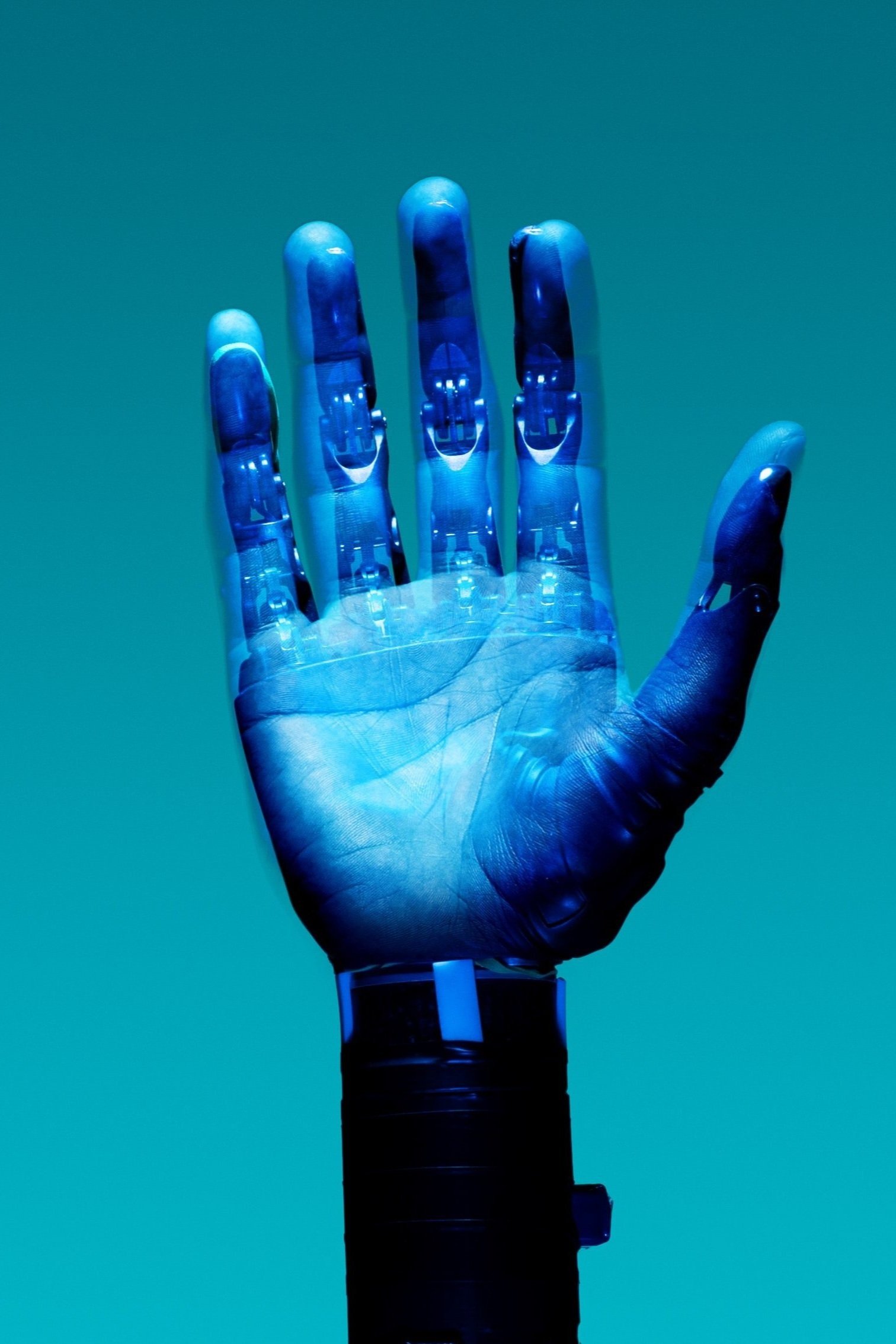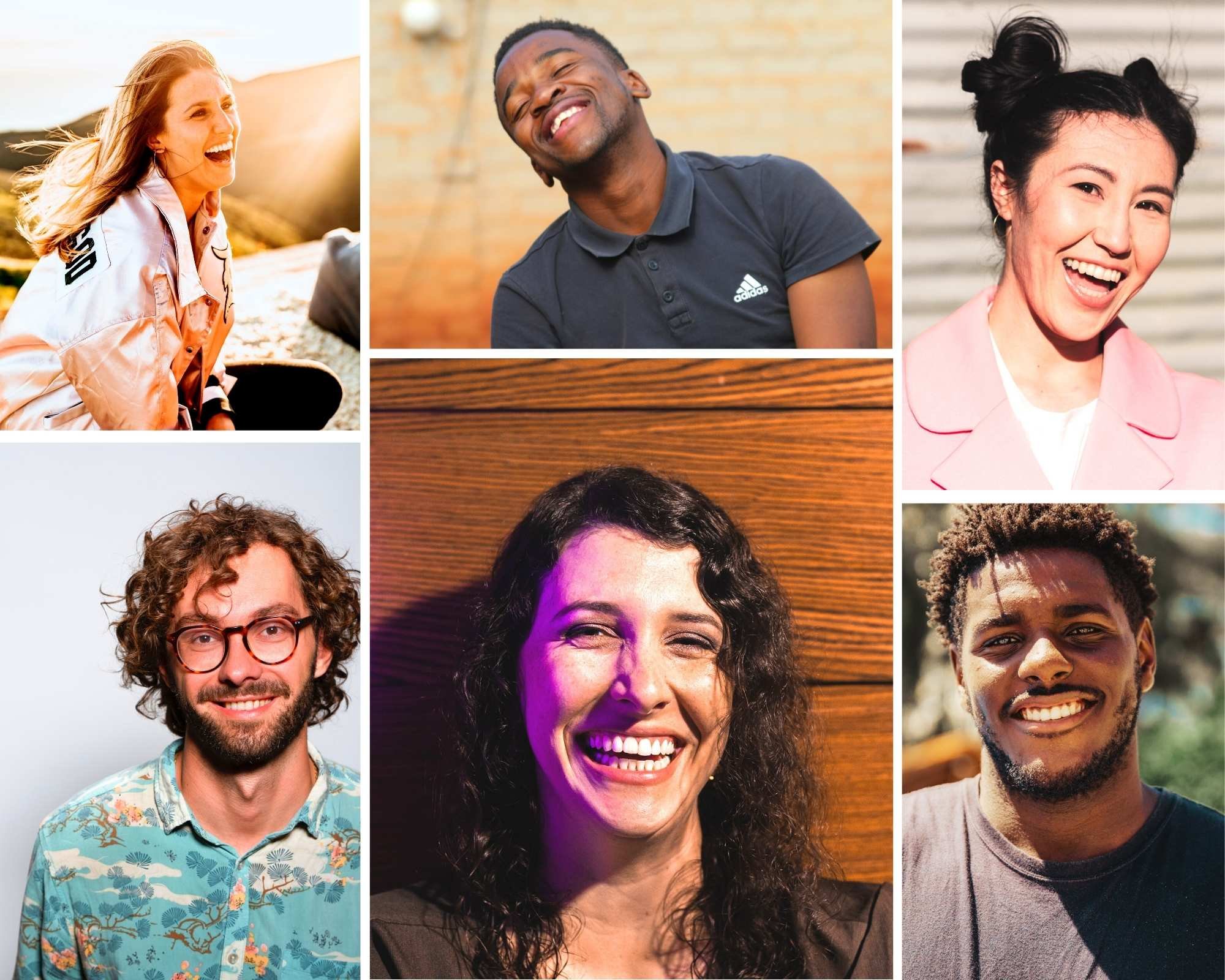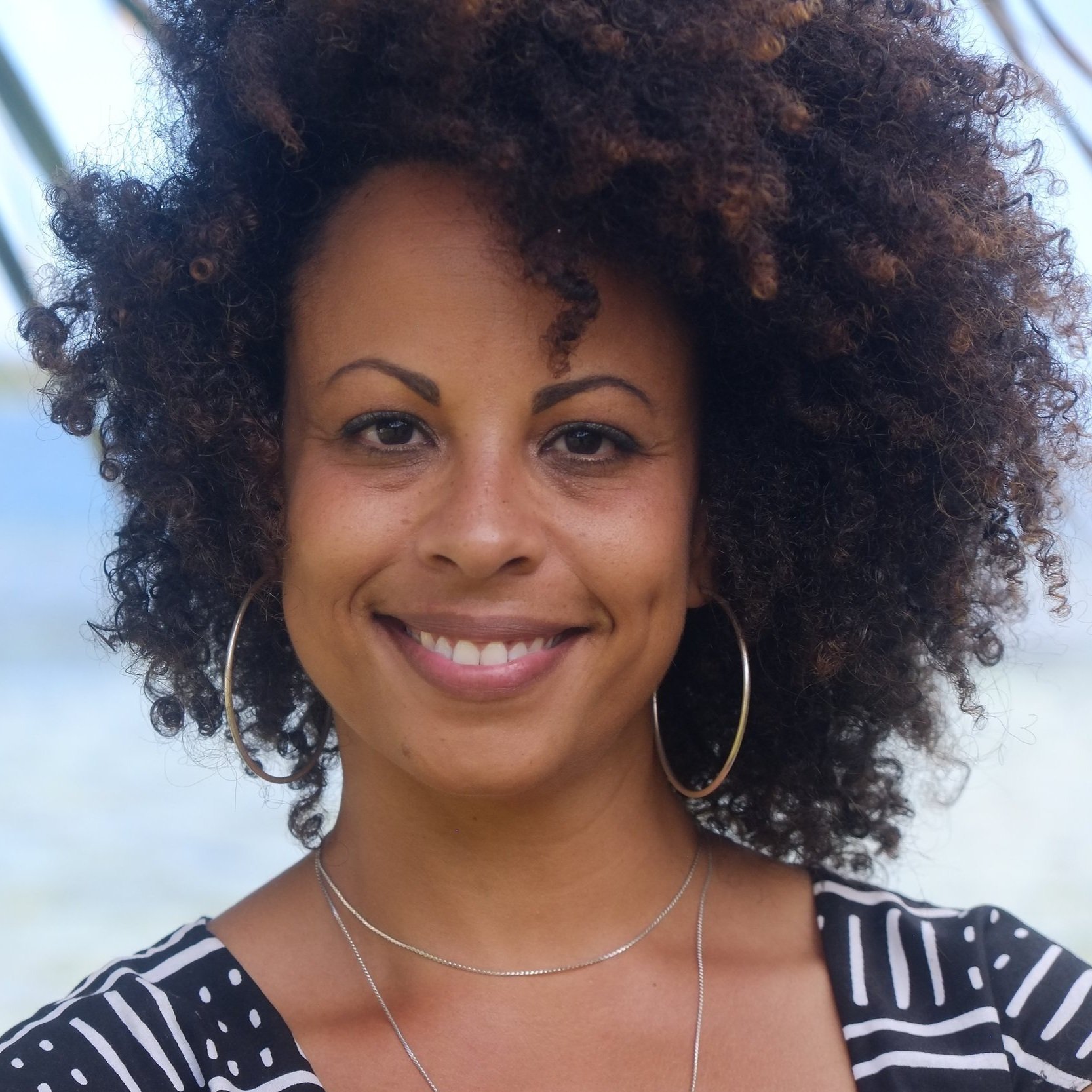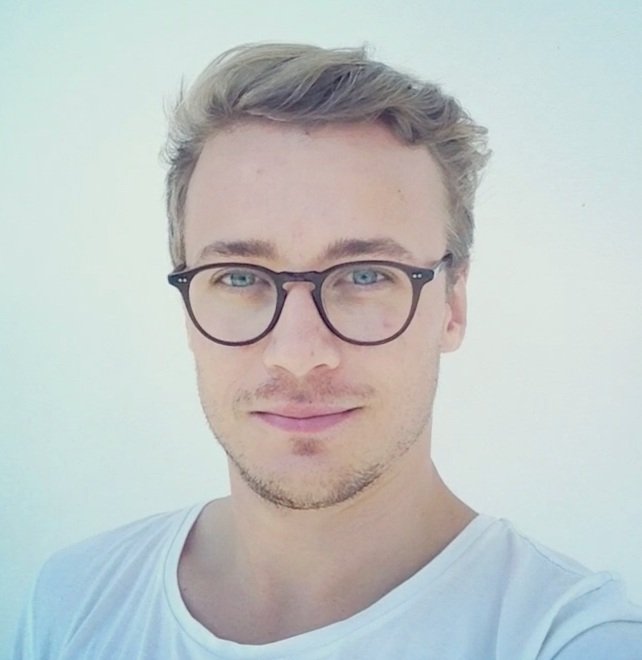Hands on
This workshop will be interactive and hands-on, with a mix of presentations, group discussions and exercises. Participants will have the opportunity to brainstorm and develop their own ideas for using technology for good in their areas of work. They will learn the methods and processes needed to introduce innovation within a programme setting in a manner that is inclusive and considerate of the complex and multicultural environments many organisations work in, including technology iteration, prototyping, testing and piloting.
The course will conclude with a debate and reflection on the difficulties and challenges of implementing innovation within the development and humanitarian spaces, and how participants facing these challenges can drive innovation within their own organisations and areas of work. The workshop will also provide an opportunity to network and collaborate with like-minded individuals from diverse backgrounds and organisations.
Real-world case studies
Implementing blockchain technology to increase transparency and accountability in aid distribution and project funding
Utilising mobile technology to provide access to information and services for refugees and displaced individuals; to provide information to people affected by natural disasters, and to improve access to education, healthcare, and financial services in underprivileged communities
Developing online platforms to connect volunteers and resources with organizations working on international development and humanitarian projects
Using machine learning and AI to automate how data and analytics are used to measure the impact of international development and humanitarian aid projects
Utilizing virtual reality and augmented reality to raise awareness about international development issues and provide immersive educational experiences,
Implementing 3D printing to create international and low-cost housing solutions
Utilizing satellite imagery, drones and geospatial technologies for crisis mapping, damage assessment and response targeting in disaster-affected areas
Using remote sensors to support parametric insurance, natural resource management, and climate finance initiatives (carbon markets)
Who is this workshop for?
This workshop is short and intensive, designed for time-starved professionals working in international affairs and development.
It is also designed for current and recent graduate students wanting to add practical skills to the theoretical foundations gained in university degrees.
No prior training required.
Meet the trainers
Sandra Uwantege Hart is a humanitarian specialist and consultant with 15 years experience managing humanitarian programs with UN agencies and INGOs in over a dozen countries globally, implementing projects in cash and voucher assistance, financial inclusion, food security, and livelihoods recovery. She now works as a technical expert, advisor and researcher for local and international organizations and social impact-focused companies exploring inclusive innovation. Currently, most of her work consists of being an interlocutor between the humanitarian and technology sectors - conceptualizing, designing and managing community-inclusive, context-adapted Web3 (blockchain) and digital payment systems. In 2020, Sandra co-founded the startup Umoja Labs (formerly Emerging Impact) and is the award winning creator of Oxfam International's Unblocked Cash Project (2018-2021). Her work has been featured in academic publications, international conferences & speaking engagements, and media publications. Sandra is a dual national of Rwanda and the U.S. and holds an Anthropology degree (BA) from Princeton University, and a Master's degree in Development Studies from the Graduate Institute (IHEID).
Maciej Bulanda is a technology and innovation consultant with over a decade of work experience across tech, non-profit and development sectors. He designs, develops and manages innovation projects following human-centred design principles. Maciej specialises in blockchain and web3 technologies use-cases for aid delivery, financial inclusion (last-mile) and climate solutions. He worked on multiple research studies and pilots leveraging decentralised finance solutions in places like Vanuatu, Papua New Guinea, Kenya, Zimbabwe, Malawi, Tanzania, Haiti, Venezuela, Ecuador, and Ukraine. He worked on Oxfam’s pioneering innovation project UnBlocked Cash, and co-founded Emerging Impact (now Umoja Labs). Maciej is a board member and co-founder of PositiveBlockchain Association. He received a State Department professional fellowship for his work with refugee communities. Maciej holds a History and International Relations degree (BA) from Royal Holloway University of London, Master of Science degree from UCL School of Public Policy, and the certificate in Innovation Design from Duke University. He lives in Berlin.













